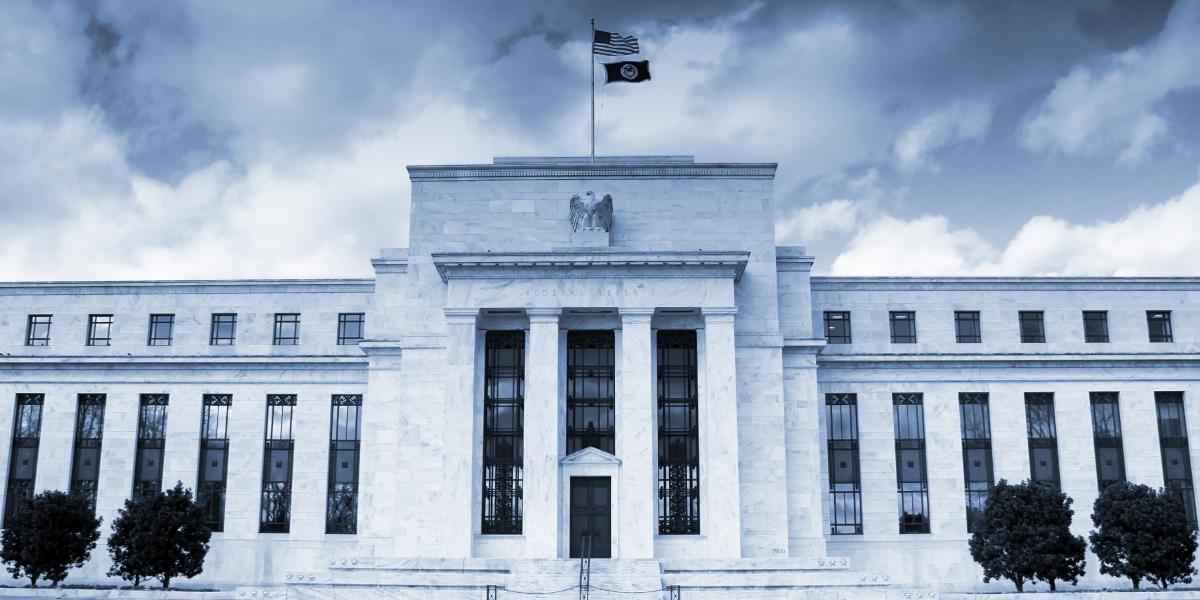QUESTION: How can you say that Bitcoin is not a store of wealth? Nobody agrees with you.
DF

ANSWER: Bitcoin is no more a store of wealth than copper or anything else. I have said from the outset that it is a trading vehicle. It will rise and fall like everything else. A store of wealth is one where, if you put $1,000 into it, you can get $1,000 back. Everything rises and falls with the value of your house, as well as salaries and wages.

All the hype that Bitcoin is the saviour of the world, will replace the dollar, and circumvent central banks, was all great sales propaganda. The government in criminal cases has confiscated crypto accounts. The U.S. Dept. of Justice (DOJ) filed a civil forfeiture complaint in the District of Columbia relating to over $225.3 million in cryptocurrency tied to fraud schemes and money laundering. There was over $2.8 million in crypto + other assets seized from a wallet in connection with ransomware operations (Zepplin ransomware) by the DOJ. There are cases and a growing legal practice around cryptocurrency accounts being seized, or at least compelled to be disclosed, in divorce proceedings. It’s complex, but courts are increasingly treating crypto like other financial assets when dividing property. Here’s a breakdown of how this works, the challenges, and what seizure/turnover looks like in practice.
Under U.S. law, if you carry more than $10,000 in “currency or other monetary instruments” into or out of the country, you must report it to U.S. Customs & Border Protection (CBP). The relevant form is the FinCEN Form 105 (Currency and Monetary Instruments Report). “Monetary instruments” are defined broadly to include items such as paper money, coins, traveler’s checks, bearer instruments, etc. Granted, U.S. law does not clearly define cryptocurrencies (Bitcoin, etc.) as “currency or monetary instruments” in the same way. Some commentators argue that the $10,000 border‐reporting rule does not currently cover crypto because of this definitional ambiguity. However, U.S. regulators have proposed including crypto in border declarations, but as of now, no final rule has been enacted.
I had flown to Bermuda to buy some ancient coins in an auction. I paid by check, threw them in my briefcase, and you had to go through customs there in Bermuda. The agent opened my briefcase and saw the purchases I had made that had the prices on them, and said I didn’t declare them so that he could confiscate them. I argued that they were not listed in the guidelines, and under his definition, my clothes could be confiscated as well. He backed off, but every time for the next 30 years, when I returned to the United States, they looked at the screen, and the smile and friendly demeanor vanished. Then came the words, “Let me see the briefcase.”
You can argue that Bitcoin is not in the code for now. But if the agent wants to make a name for themselves, they will confiscate your account. You’ll go to court to argue for its return, and if you get an honest federal judge (good luck on that), maybe you’ll win.

The European Union has been working on regulatory frameworks (for example, via the Travel Rule / Transfer of Funds Regulation (TFR)) that would require crypto‐asset service providers (CASPs) to share originator & beneficiary information when crypto is transferred across borders. But these rules apply to regulated crypto service providers, not necessarily individuals crossing a border carrying crypto in wallets. The requirement is more about the transmission of assets via institutions.

However, as on MONDAY, travelers in and out of the EU must disclose all their accounts. I would bet that they will include crypto. I have been warning that as Europe moves closer to war with Russia (they assume Trump will be forced to defend the EU at American expense as always), they are pushing for iron-clad capital controls. They are going for the cancellation of all physical cash, will then convert all accounts to their digital CBDC, and you will NOT be allowed to take money out of the EU. What starts this will is step one.


























